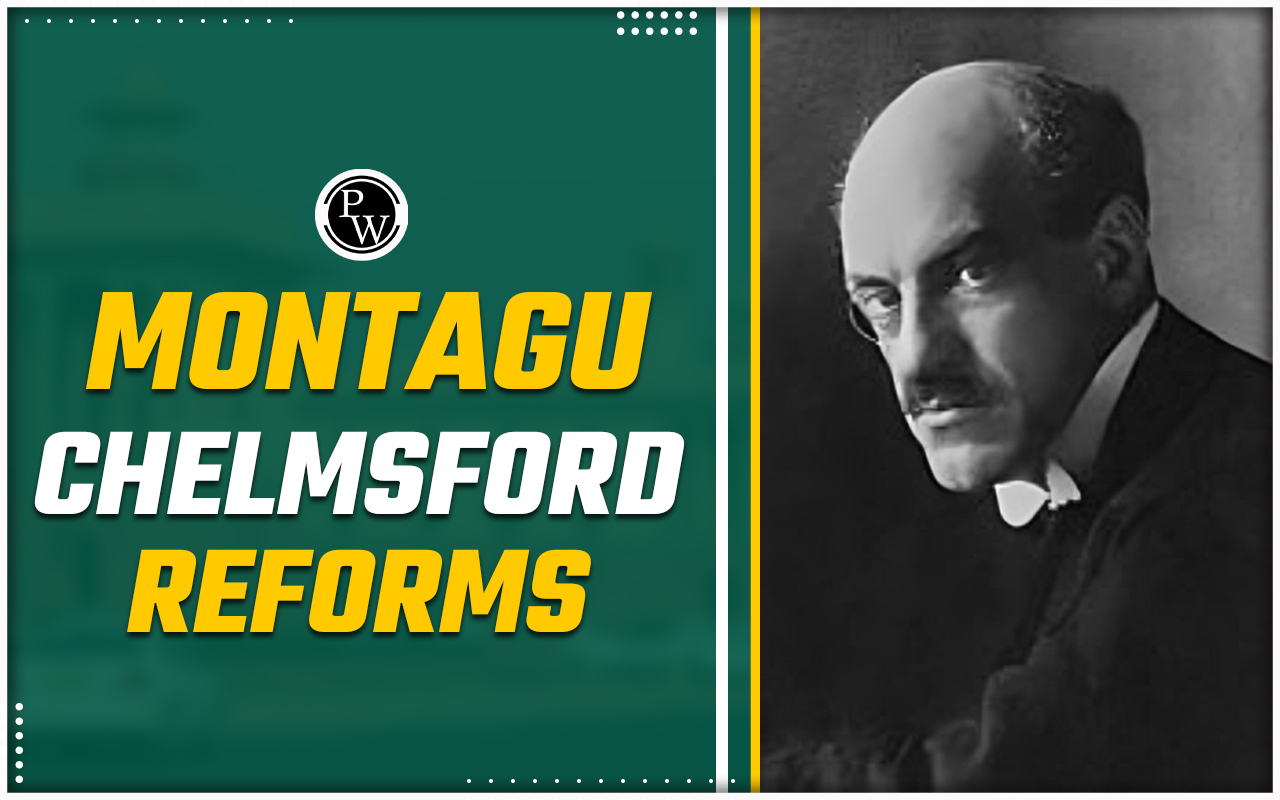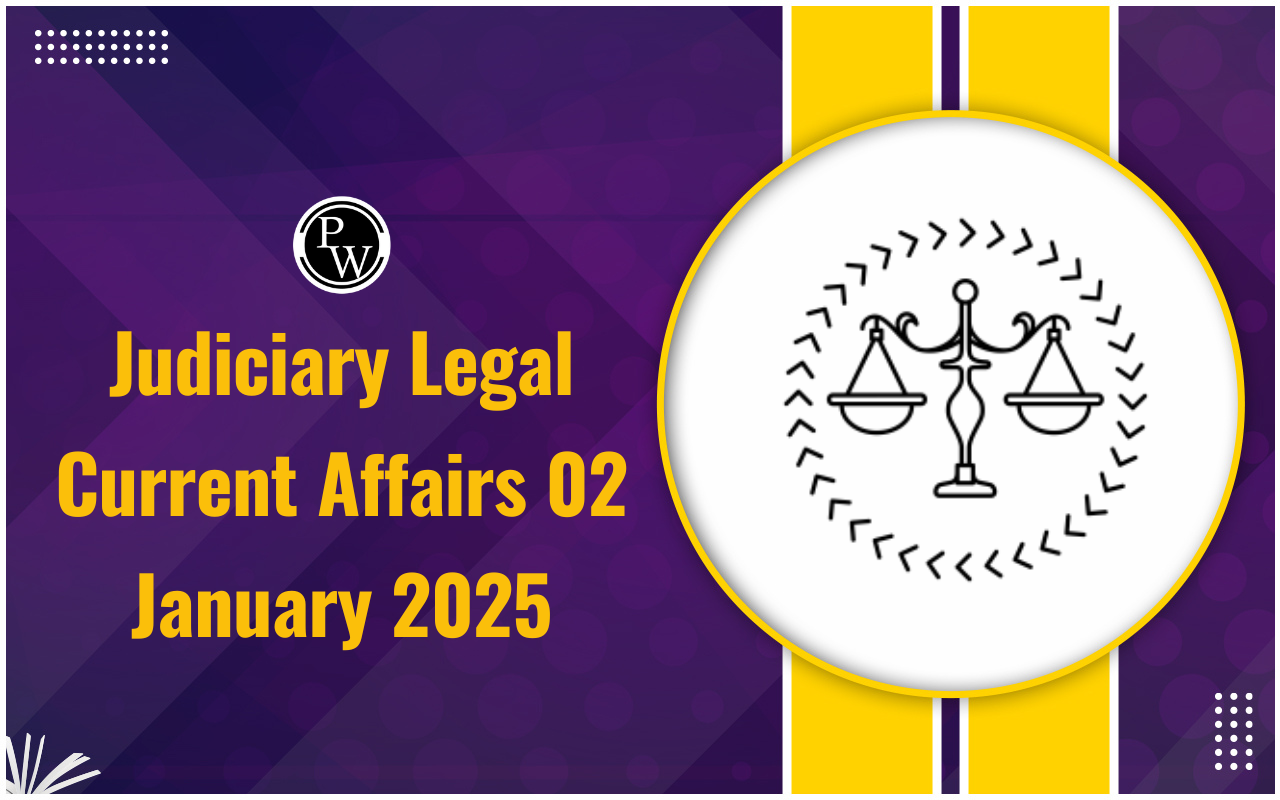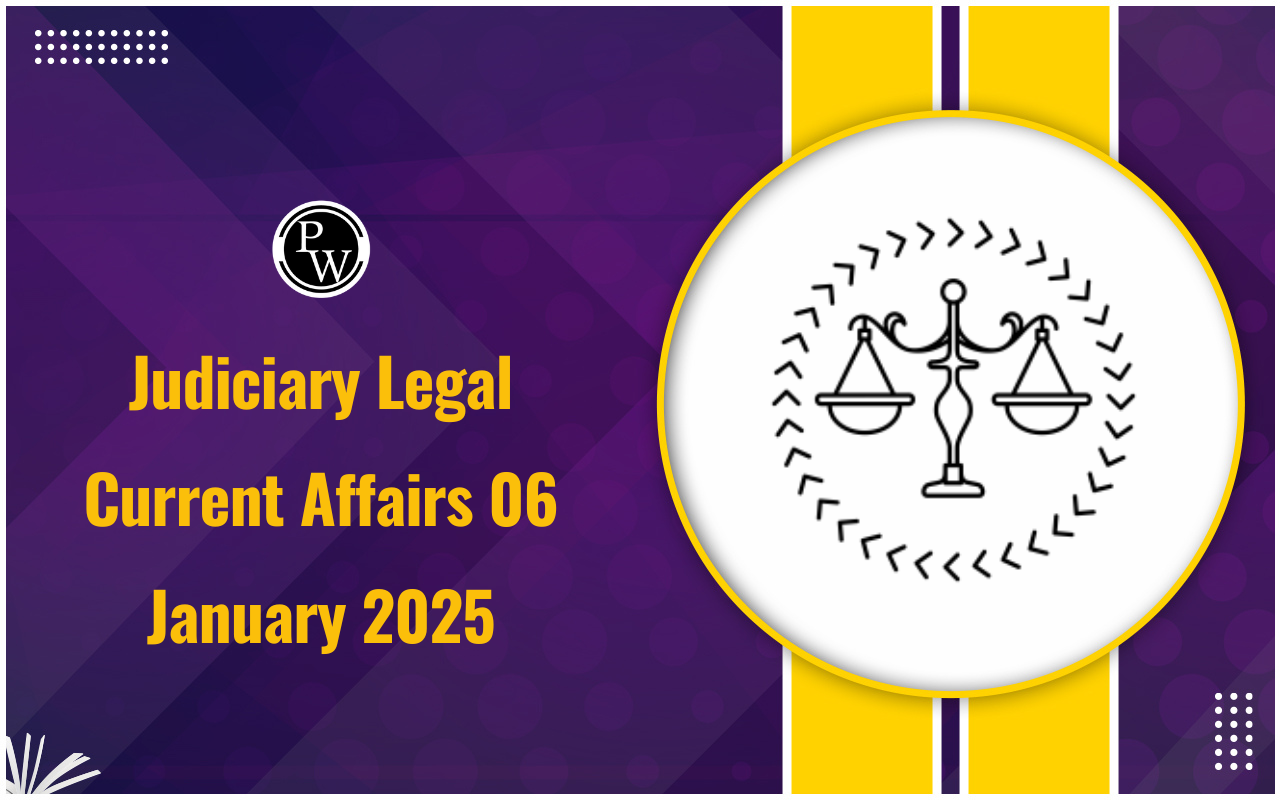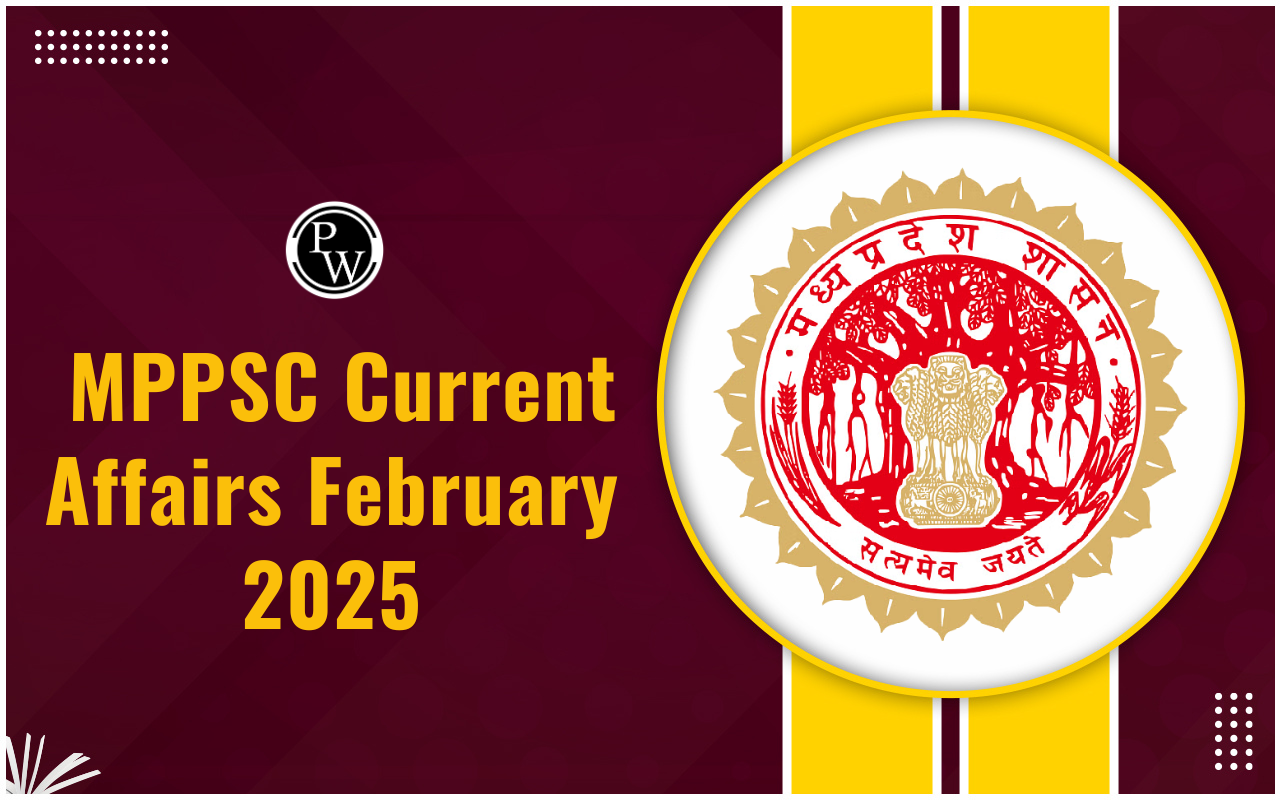

Montagu Chelmsford Reforms: The Montagu Chelmsford Reforms, formally established through the Government of India Act 1919, represent a significant chapter in India's colonial history under British rule. These reforms were born out of increasing Indian nationalist sentiments and the need for British authorities to address these demands while maintaining control.
History of the Montagu Chelmsford Reforms
The Government of India Act 1919, commonly known as the Montagu-Chelmsford Reforms, marked a significant step towards Indian self-governance under British rule. This act is named after Edwin Montagu, who became the Secretary of State for India in 1917, and Lord Chelmsford, the Viceroy of India at that time. In 1917, Edwin Montagu proposed the idea of gradually developing India into a self-governing country to the British Parliament. His vision was to increase Indian participation in government affairs. Lord Curzon supported Montagu's proposal, advising him to involve more Indians in government practices. Their collective proposal was approved and accepted by the British Cabinet, leading to the implementation of the Government of India Act 1919. This act aimed to introduce reforms that would pave the way for Indian self-governance, balancing British control with Indian involvement in governance.Montagu Chelmsford Report
On July 8, 1918, Edwin Montagu and Lord Chelmsford, the Governor-General of India, released the Montagu-Chelmsford Report. This comprehensive document outlined constitutional reforms for India, which later formed the basis of the Government of India Act 1919, often referred to as the Montagu-Chelmsford Reforms or Montford Reforms.Key Provisions of the Government of India Act 1919
The British Cabinet approved Montagu's proposal, leading to the enactment of the Government of India Act 1919. This act introduced significant reforms aimed at decentralizing administrative powers and providing Indians with a role in legislative processes.- Introduction of Diarchy: Implemented a system of dual governance (dyarchy) in provinces where certain powers were divided between "reserved" and "transferred" subjects. The Governor managed reserved subjects like law and finance, while elected ministers oversaw transferred subjects such as education and health.
- Expansion of Legislative Assemblies: Provincial councils were enlarged, with 70% of members elected. Women were granted voting rights, marking a significant step towards gender equality in political participation.
- Bicameral Legislature: Introduced a two-house legislature at the central level – the Central Legislative Assembly and the Council of State. The Assembly comprised elected and nominated members, while the Council of State consisted solely of nominated members.
- Establishment of Public Service Commission: For the first time, a public service commission was set up to ensure fair recruitment practices and merit-based appointments in the administration.
Impact of Montagu Chelmsford Reforms
The Montagu Chelmsford Reforms were intended to appease Indian nationalist aspirations by granting them a limited role in governance. They marked the first concrete steps towards political participation for Indians, leading to increased political awareness and activism among the educated class.Criticism and Limitations
While aiming to address Indian nationalists' demands for full autonomy (purna swaraj), the reforms did not meet expectations. The Viceroy still had significant powers to overturn decisions made by the legislatures. Additionally, the voting rights were limited, leaving out many Indians from participating in the electoral process. These factors contributed to discontent among Indian leaders and the population, who sought more substantial control over their own governance.Aftermath and Further Reforms
The Government of India Act 1919 included a provision for a review after 10 years, which led to the appointment of the Simon Commission in the 1920s. This commission recommended further constitutional changes, but significant disagreements persisted, particularly regarding separate electorates for different communities. The Montagu-Chelmsford Reforms were a watershed moment in India's colonial history, setting the stage for subsequent constitutional developments and discussions on self-governance. Despite their limitations, these reforms laid the foundation for future political movements that eventually led to India's independence in 1947. They remain crucial in understanding the complexities of British colonial governance and India's quest for autonomy during the early 20th century. By encapsulating the essence of the Montagu-Chelmsford Reforms in clear and accessible language, this article aims to provide a comprehensive overview that is both informative and optimized for online visibility.Montagu Chelmsford Reforms FAQs
What are the Montagu Chelmsford Reforms?
The Montagu-Chelmsford Reforms, introduced through the Government of India Act 1919, were a series of constitutional changes aimed at giving Indians a limited role in governing their own country under British rule.
Who were Edwin Montagu and Lord Chelmsford?
Edwin Montagu was the Secretary of State for India, and Lord Chelmsford served as the Viceroy of India during the time these reforms were enacted. They played crucial roles in formulating and implementing the reforms.
What was the objective of the Montagu-Chelmsford Reforms?
The reforms aimed to address rising nationalist sentiments in India by granting Indians some participation in legislative processes and governance. They sought to balance British control with Indian involvement.
What were the key provisions of the Government of India Act 1919?
The Act introduced the concept of diarchy (dual governance) in provinces, expanded provincial legislative councils with elected members, established a bicameral legislature at the central level, and set up a Public Service Commission for fair recruitment.
What impact did the Montagu-Chelmsford Reforms have on India?
The reforms marked a significant milestone in India's path towards self-governance, fostering political awareness and activism. However, they fell short of granting full autonomy (purna swaraj), leading to criticism and continued demands for greater independence.
🔥 Trending Blogs
Talk to a counsellorHave doubts? Our support team will be happy to assist you!

Free Learning Resources
PW Books
Notes (Class 10-12)
PW Study Materials
Notes (Class 6-9)
Ncert Solutions
Govt Exams
Class 6th to 12th Online Courses
Govt Job Exams Courses
UPSC Coaching
Defence Exam Coaching
Gate Exam Coaching
Other Exams
Know about Physics Wallah
Physics Wallah is an Indian edtech platform that provides accessible & comprehensive learning experiences to students from Class 6th to postgraduate level. We also provide extensive NCERT solutions, sample paper, NEET, JEE Mains, BITSAT previous year papers & more such resources to students. Physics Wallah also caters to over 3.5 million registered students and over 78 lakh+ Youtube subscribers with 4.8 rating on its app.
We Stand Out because
We provide students with intensive courses with India’s qualified & experienced faculties & mentors. PW strives to make the learning experience comprehensive and accessible for students of all sections of society. We believe in empowering every single student who couldn't dream of a good career in engineering and medical field earlier.
Our Key Focus Areas
Physics Wallah's main focus is to make the learning experience as economical as possible for all students. With our affordable courses like Lakshya, Udaan and Arjuna and many others, we have been able to provide a platform for lakhs of aspirants. From providing Chemistry, Maths, Physics formula to giving e-books of eminent authors like RD Sharma, RS Aggarwal and Lakhmir Singh, PW focuses on every single student's need for preparation.
What Makes Us Different
Physics Wallah strives to develop a comprehensive pedagogical structure for students, where they get a state-of-the-art learning experience with study material and resources. Apart from catering students preparing for JEE Mains and NEET, PW also provides study material for each state board like Uttar Pradesh, Bihar, and others
Copyright © 2025 Physicswallah Limited All rights reserved.











